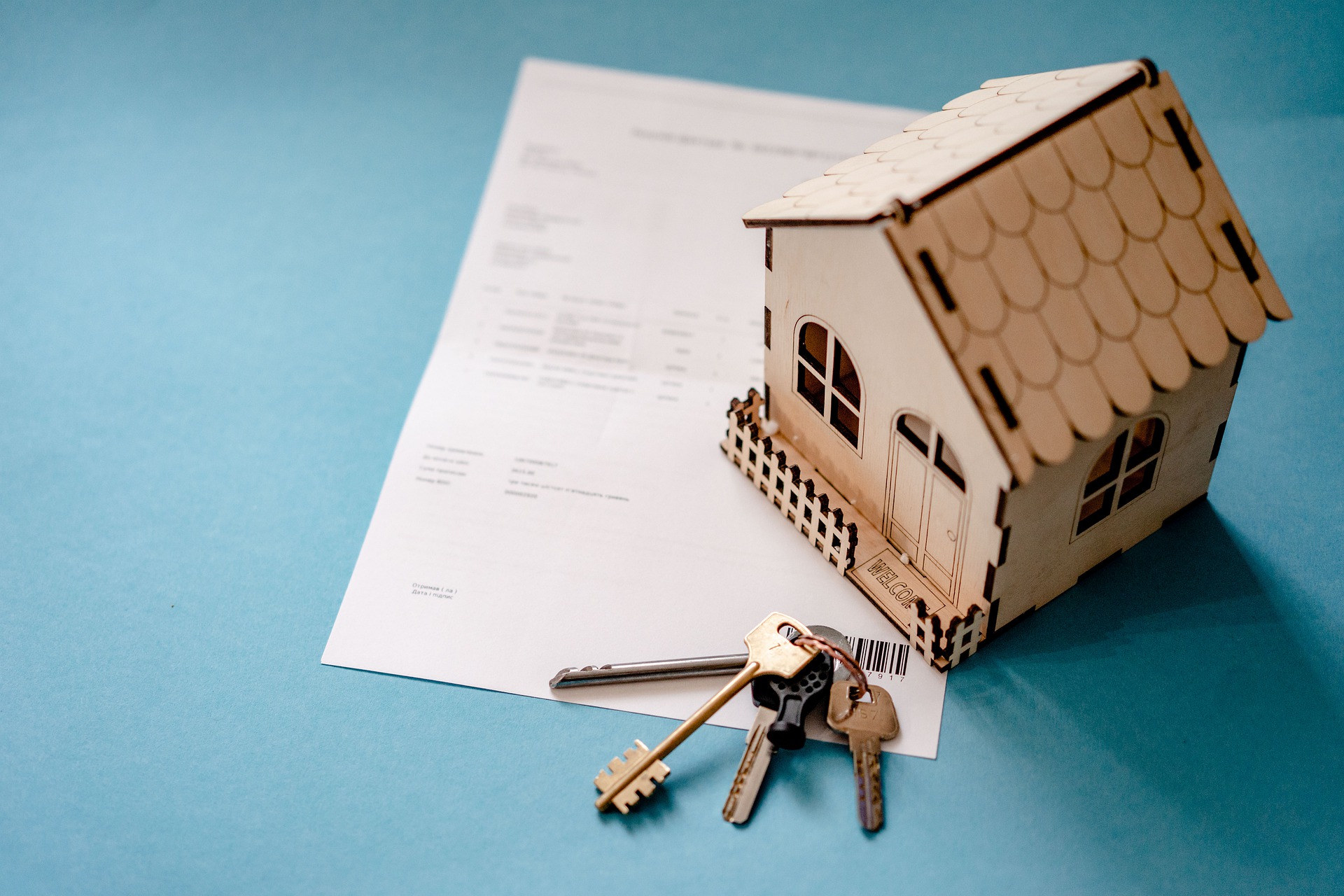Sydneysiders enjoy exceptionally high quality standard of living, so it is not surprising that the city is one of the most expensive in the world. In a 2010 survey published by Sydney Business Chamber, about half of the respondents believe they need to earn $100,000 or more per year in order to live comfortably.
While you can’t control the rising cost of living in Sydney, you can do something about how you manage your money, so you can still live a comfortable life while still saving for the rainy day or start building your nest egg. Here are our top 10 money tips if you are living in Sydney.
1. Monitor Your Expenses
The first step in managing your finances is to find out how you spend your money. Monitor all your expenses, which means you have to list down every snack, coffee, or movie ticket you buy. It is ideal to account every dollar you spend. Try to record one to two months worth of expenses, then organise them by categories like mortgage, food, gas, and get to total for every month. A simple pen and notebook can do the job, but there are also available mobile apps that you can use.
2. Make a Workable Budget
After getting enough data, you can start organising your recorded expenses into a budget that you can work on. Take note that your budget must outline how your expenses measure up to your income. The Budget Planner tool from ASIC’s Money Smart can greatly help you in working on your budget.
[ RELATED POST: 10 Things to Do Before 30 to Have a Bright Financial Future ]3. Choose Your Priorities
Your life goals are important factors in managing your personal finance. After all, our life stages will define our financial needs and priorities. Always consider your long-term life goals, which should not be affected by your short-term needs. Knowing which goal to prioritise can provide you a clear idea of where to start saving. For instance, if you know that you are about to retire in less than 10 years, you should start crunching the numbers to know how much you need to live a comfortable retirement life in Sydney a decade from now.
4. Let Go of Small Luxuries
A cup of caramel macchiato in Sydney might seem cheap at $4.15, but then if you buy this drink every working day, you are spending at least $83 a month or about $996 a year. Find cheaper alternatives for your caffeine fix like 3-in-1 coffee sachets, which you can bring along at work. Or if you don’t want to try this extreme measure, at least cut down the number of days that you visit your favorite cafe. Instead, try strolling in the nearby park or find good books in the library. These are cheaper ways to relax after a day’s work.
5. Find another Source of Income
One way to make sure that you have enough money not only to make ends meet but also to put aside money each month is to find another source of income. It can also act as a buffer if things go wrong. For example, Stacy found a freelance writing gig online, which she works on after spending her days working in a media company. One day, she was suddenly laid off from her day job, so she temporarily accepted more writing offers and was able to stay afloat until she found another regular day job. There are also stay-at-home moms in Sydney who have opened their online stores selling clothes or beauty products so they can earn money while still taking care of their toddlers. Finding another income stream need not to be difficult. You just need to be creative and manage your time well.
6. Keep a Reward Jar
Don’t deprive yourself of the nice things just because you are trying to save money. One technique that you can use is keeping a reward jar, which you can use to drop all your loose change. You will be surprised at how fast you can save a small fortune. At the end of the month, you can use the money to treat yourself for a movie, a dinner, or whatever you want. Managing your personal finance can be hard, so this tip can really make things a bit light.
7. Get a Life Insurance Policy
Getting a life insurance is crucial, because it will not only provide you protection but also standby funds during unexpected needs such as hospitalisation or accident. For a small amount of premium, you can have a significant amount of money that you can access if things go wrong. Some people think that they are still too young to buy insurance. However, the reality is the younger you are when you get a life insurance policy, the more you can save money. Your age, health condition, and lifestyle are among the top factors assessed by life insurance companies in determining the premium you should pay. If you are still young (below 30s), healthy, and non-smoker, your premiums will likely be very low.
8. Offset Your Home Loan
If your home in Sydney is on mortgage, and you have already established your savings account, you can try to combine them so you can save a lot of money. By refinancing your mortgage, you can find a better rate. Make sure that you get a 100% offset account so your savings could offset the interest that you pay on your home loan. One advantage of this arrangement is that you can still access your savings account when the need arises.
9. Consolidate Your Super Fund
When was the last time you checked your super fund? If you have multiple accounts, you might miss out on some savings. Find all your super accounts then consolidate them into a single account. This will bring you additional savings as you are basically rewarded for the money you are investing into your super. But be sure to do your due diligence first and know more about the different options available. Find out if there are termination charges, and ask your current employer if there is available program in which the company can contribute to your funds. Sorting out your super fund early on is crucial so you can have more money in your retirement.
[ RELATED POST: Four Tips for Boosting Your Superannuation in Your 30s ]10. Ask Help from a Professional Financial Adviser
If you are sick, you usually visit a doctor to know what you should do to get well, because you trust that doctors know what is best for your health. It is the same with personal finance. Financial Advisers are the experts. However, many shy away from consulting these professionals. Some people think that it is just a waste of money while some are not comfortable in sharing their financial information with a stranger.
A financial Adviser can help you examine your financial situation and identify weak points that you need to work on. This professional can alert you about your expenditures or identify investment opportunities so you can grow your money.
With the help of a professional Adviser in Sydney, you can also work on your financial goals, especially the long term ones such as buying your own house or preparing a comfortable retirement. A financial Adviser can help you create a plan so you can achieve your goals through better management of your personal finance.
For more information on how you can better manage your finances, call Focused Financial Advice on 02 9003 0611 to talk to a Financial Adviser in Sydney.
Do you know more money tips to help people living in Sydney? Please write them in the comments!




